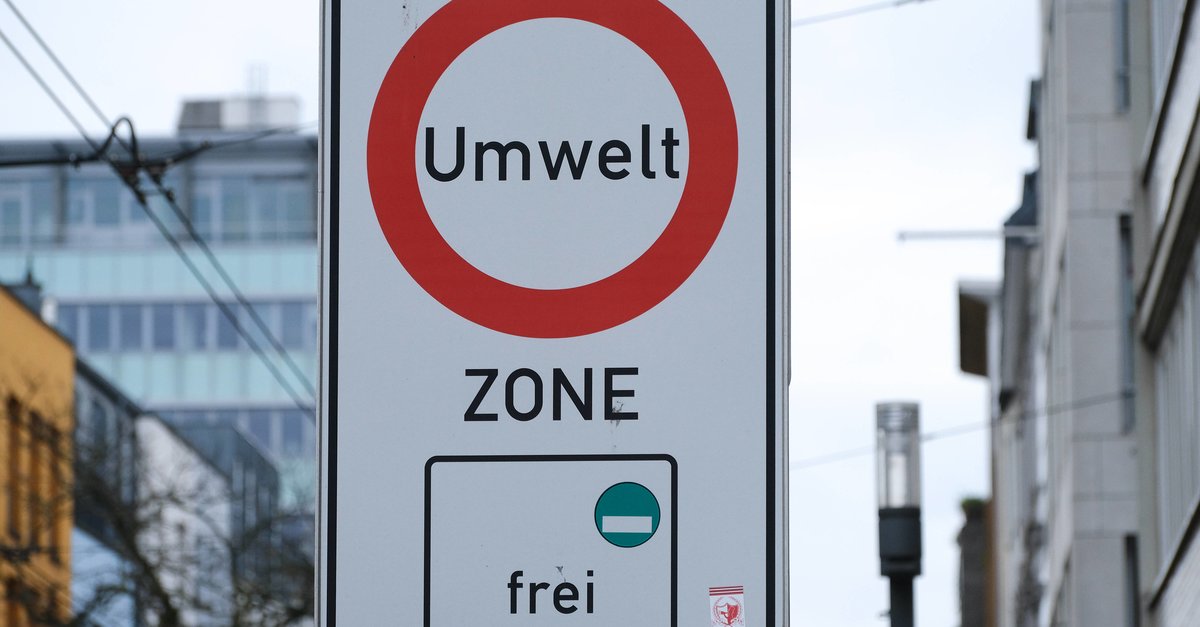Business trips, going to the toilet and small talk: what counts as working time?
Whether it’s a cigarette break, small talk or going to the toilet: many employees don’t know exactly what counts as working time and what doesn’t. An overview.
Smoking cigarettes: no, going to the toilet: yes? What exactly belongs to working hours is unclear to many people. Especially in the home office, the boundaries between work and private life are blurring.
Many employees therefore keep asking themselves how the daily paid working hours are regulated by law and what they include. And most importantly, what happens if you don’t stick to it?
Contents
- 1 How are the daily working hours regulated?
- 2 What counts as working time and what doesn’t?
- 2.1 The commute and field service
- 2.2 search for a parking space
- 2.3 The set-up and changing time
- 2.4 private calls
- 2.5 Does a visit to the doctor count as working time?
- 2.6 office gymnastics
- 2.7 Does going to the toilet count as working time?
- 2.8 The on-call service
- 2.9 The business trip
- 2.10 training and further education
- 2.11 The smoking break
- 2.12 Regulations for the home office
- 2.13 Dividend Guide for free!
- 3 What happens in the case of working time fraud?
How are the daily working hours regulated?
The answer to this question is in Working Hours Act and in the EU Directive 93/104/EC. Working time is therefore basically the time in which employees make their labor available.
Employees are allowed to work a maximum of eight hours per working day. This maximum working time can be extended to ten hours without any special reason. However, the average daily working time of eight hours over a period of six months or 24 weeks must be adhered to.
What counts as working time?
After at least six hours, workers are entitled to a paid break of usually 30 minutes. If you work more than nine hours, you can take a 45-minute break. It is clear that this break does not count as working time.
But what about the on-call service, for example? And what happens if employees have already arrived at the workplace but cannot find a parking space? How are business trips regulated and is small talk officially part of the break?
What counts as working time and what doesn’t?
Especially in the home office, we often take the opportunity to do small household chores during working hours. But we also waste a few minutes in the office to smoke or do gymnastic exercises on the screen. But what is remunerated and what, strictly speaking, needs to be reworked?
The commute and field service
The commute represents the direct route from your private front door to your job. The time you need for this does not count as working time. However, if you drive directly from home to the customer meeting, your boss has to pay for the trip there and back.
If you are in the field, the travel time counts as well as the actual customer appointment as part of the statutory working hours, since the journey is directly related to the activity.
search for a parking space
Every now and then it happens that you are already very close to the office building, but finding a parking space is a challenge. Nevertheless, the Seek after a parking space not during working hours.
The set-up and changing time
The time you need for a handover meeting when there is a shift change is also part of the decision of the Administrative Court of Baden-Württemberg not at work. Likewise, donning and doffing of uniforms in the offices before and after the start of work is not counted.
Only if you have to put on and take off a service weapon or protective vest, for example, can you count this time as working time. The Hessian State Labor Court has also stipulated that you may change conspicuous and dirty work clothes during paid working hours. However, a police uniform does not fall under this judgment.
If your supervisor expressly asks you to change your clothes in the office, the time you need to do this counts as part of the statutory working time. That has that Federal Labor Court fixed.
private calls
Private calls are generally allowed during working hours prohibited. Because every minute you spend writing private messages and e-mails or talking to colleagues about vacation and your love life is missing to get your work done. However, most superiors are now aware that short private conversations strengthen the team spirit and create a better working atmosphere, which is why they are tolerated.
Does a visit to the doctor count as working time?
Visits to the doctor are fundamentally a private matter and must therefore take place outside of working hours. There is only one exception if you are acutely ill: your boss has to tell you the time of the doctor’s visit Continued Pay Act remunerate Pregnant women have noisy Maternity Protection Act You are also entitled to paid time off for an appointment at the practice.
office gymnastics
Short sports and stretching exercises belong to the short breaks. This also applies if you want to take your eyes off the screen for a moment to protect them. These short breaks are remunerated as working time.
Even if, for example, a technical problem or organizational reasons unexpectedly prevent you from doing your job, this forced break counts as working time.
Does going to the toilet count as working time?
Going to the toilet is also a short break. These interruptions are not breaks from working hours and are therefore remunerated. Furthermore, the length of stay cannot be determined by the employer. However, if you noticeably spend a lot of time in the loo, your boss can warn you and even fire you.
To do this, however, he must prove that you have violated your duty to work. By the way: Going to the toilet is part of the working time. However, if you have an accident during this break, you are not insured.
The on-call service
On-call duty is only counted as working time if you are obliged to stay at a specific location. This can also be outside the company premises. However, if you are free to decide where you are while you are waiting and how you spend this time, the on-call time is not part of the statutory working hours.
The business trip
Basically is applicable: The travel time of a business trip must be taken into account if it takes place during regular working hours. It doesn’t matter which means of transport you use to get to your destination – even if you don’t work during the journey to and from the destination.
If the trip takes place outside of regular working hours, the decisive factor is the extent to which you are professionally busy during the travel time. The basis of the decision is the instruction of your superior and the choice of transport.
So if you prepare and follow up on appointments during your arrival and departure or communicate with your boss or colleagues, the travel time will also be counted as working time. The use of the company car also entitles you to claim the travel time as working time. For example, if you take the train and don’t work, the journey counts as free time.
In addition, all business matters during the business trip are recognized as working time. This includes meetings, preparation time, professional phone calls and also eating together with the customers. Free time between appointments, private meals and staying at the accommodation count as free time or rest time.
training and further education
Professional training and further education, which are prescribed by superiors, are loud European Court of Justice to count as working time. This applies if the relevant events are outside the usual place of work and if you are unable to carry out your usual tasks during this time.
The way to further training is also part of the working time. If you want to continue your education voluntarily, your boss is not obliged to remunerate this time as working time.
The smoking break
Smoking breaks are not part of paid working hours. As an employee, you are entitled to breaks, but not to additional paid breaks to smoke.
Regulations for the home office
With regard to working hours, home office basically the same rules like in the office. You must therefore comply with the previously agreed start and end of the working day. These can either be fixed times or flexibly agreed models. Even during working hours in your own four walls, you are not allowed to concern yourself with private things such as doing laundry or watching television.
What happens in the case of working time fraud?
If you deal with private matters during working hours in the home office or office, this is considered working time fraud. That means you have seriously breached your duty. In some cases, your boss even has the right to fire you without notice.
In this case, however, employers must prove beyond a reasonable doubt that you have not complied with your obligation. In addition, your working time fraud must mean demonstrable economic damage for the company.
Also interesting:



